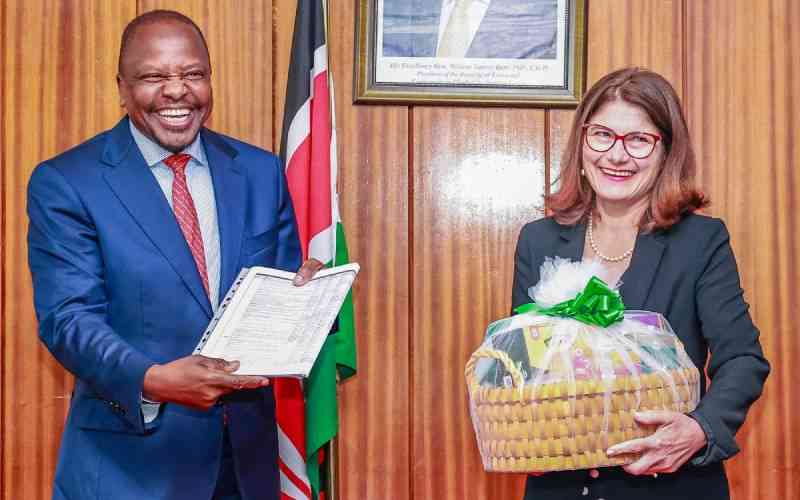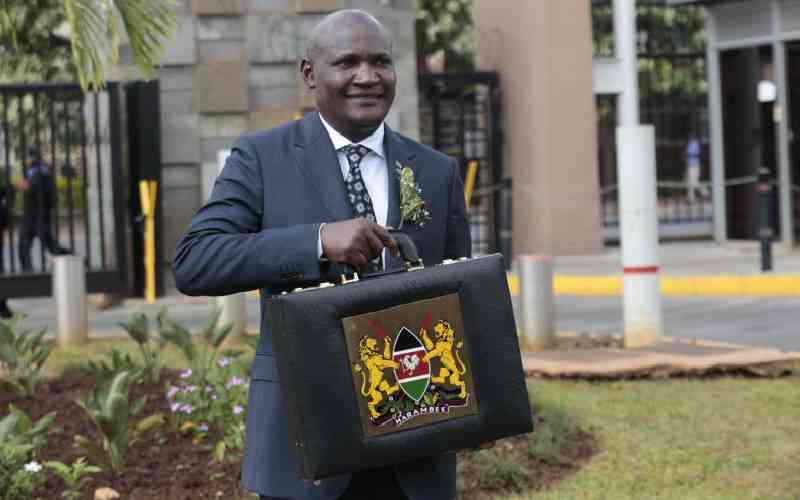
Kenya has been classified as a low-risk country under the European Union’s new anti-deforestation trade rules.
The move is expected to protect thousands of local farmers and exporters from rising costs and disruptions linked to tighter environmental standards.
European Union Ambassador to Kenya Henriette Geiger said the classification reflects Kenya’s strong environmental management. The label could shield Kenyan exports from heightened inspections under the European Green Deal.
“Kenya is considered low risk. That’s a reflection of your strong environmental governance. We will continue to engage with you as partners,” noted Geiger.
The new EU law requires all trading partners to prove their products do not cause forest destruction. Countries labelled high risk face stricter checks which may delay exports or increase compliance expenses.
Agriculture Cabinet Secretary Mutahi Kagwe welcomed the recognition. He pointed to Kenya’s deliberate reforestation efforts, which include expanding the growth of climate-smart crops.




“We are steadily increasing our tree cover, not by chance, but through strategic expansion of crops like avocado and coffee. These are not just cash crops; they are part of our climate resilience plan,” observed Kagwe.
Kenya exports large volumes of tea, coffee and flowers to European markets each year. Kagwe warned that unclear or shifting regulatory demands may weaken the country’s global competitiveness.
“Let us not keep shifting the goalposts. If you must shift the goalpost, provide support. These regulations increase the cost of production for Kenyan farmers, and we cannot compete with that weight on our backs,” he cautioned.
Meanwhile, Kenya’s flower sector has shown improvement in meeting European standards after years of setbacks caused by the False Codling Moth. The pest, once a major cause of export rejections, has been brought under control through the Systems Approach Protocol.
“Last month, we recorded zero interceptions at EU borders. This month, only one. That’s a testament to the systems we have put in place and how seriously our farmers take compliance,” explained Dr Theophilus Mutui, Managing Director of the Kenya Plant Health Inspectorate Service.
Mutui noted that despite the progress, the current 25 per cent sampling rate for flower consignments remains a burden.
He said Kenya has formally asked the EU to reduce the rate to between 5 per cent and 10 per cent. He also urged the EU to assign more inspectors to ease border checks and quicken clearance processes.